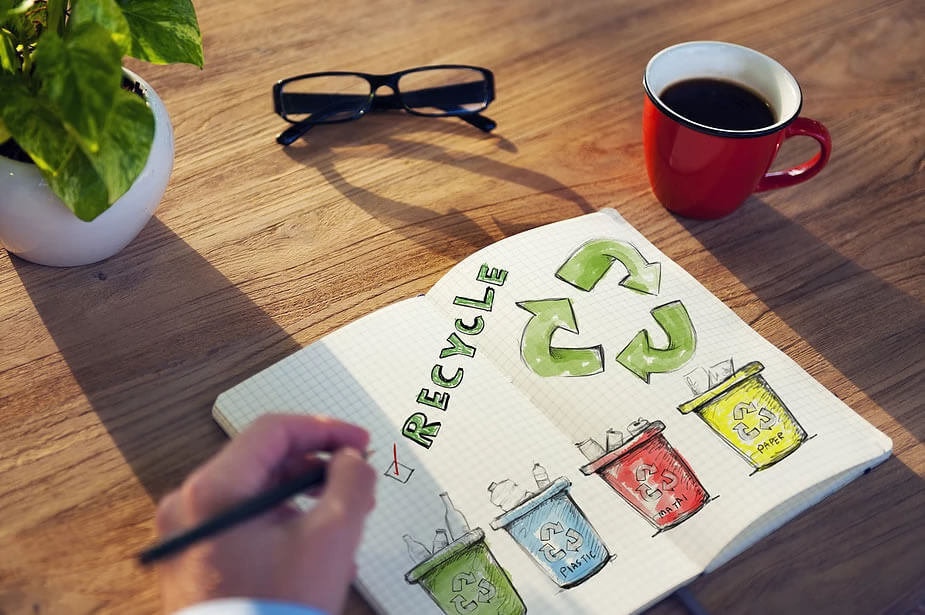Coffee is the second most consumed product in the world, after oil. Thousands, perhaps millions of people buy one every day in their trusted cafeteria. Or they opt for caffeine encapsulated in instant machines installed in the office. There is no doubt that this drink is an industrial power worldwide, but have you ever thought about the environmental impact of having a cup of coffee?
According to the cooperative bank Rabobank, the sale of capsules has grown 26% in the last decade and has surpassed eight times the other modes of coffee preparation.fake id websites, Also, a study by Kantar Worldpanel calculates that in a few more years, single-dose coffee will surpass ground and soluble coffee. And where do most of these coffee capsules go? To the garbage.
On the other hand, disposable paper cups are another serious environmental problem. Only at the UK at least 70% of coffee cups bought in the cafeteria are to go, so they use cups which, once useless, are thrown away.
The solution is not to give up our favorite drink. To achieve a positive impact, it is necessary to change habits.
Drink ecologically friendly coffee
Let’s take the UK as an example again. Recently, was raised the idea to charge an extra fee to all coffee drinkers who order disposable cups. These cups cannot be fully recycled because they are sealed with plastic glue that contaminates the paper reuse process. best fake id,So disposable cups end up in landfills, or in the sea, where they are swallowed up by wildlife.
In addition to this initiative (which, it must be said, has been the product of many discussions between government, environmental organizations and consumers), other ecological projects are trying to deal with pollution after drinking coffee in disposable cups.
The environmental impact of a coffee cup
Nespresso has more than 900 points where customers can approach used coffee capsules.fake ids, They say that by 2020 they expect to have the capacity to recycle 100% of their production.
However, not everyone has the time or conscience to carry their capsules. Throwing them in the trash can is as fast and practical as using these instant coffee machines.
Other companies, such as Ethical Coffee, have made efforts to create biodegradable capsules compatible with Nespresso machines. These ones are made from vegetable fibers that degrade themselves in 6 months due to an industrial composting system.
Perhaps the simplest solution is to drink coffee using a conventional ceramic cup, as in the old days.

